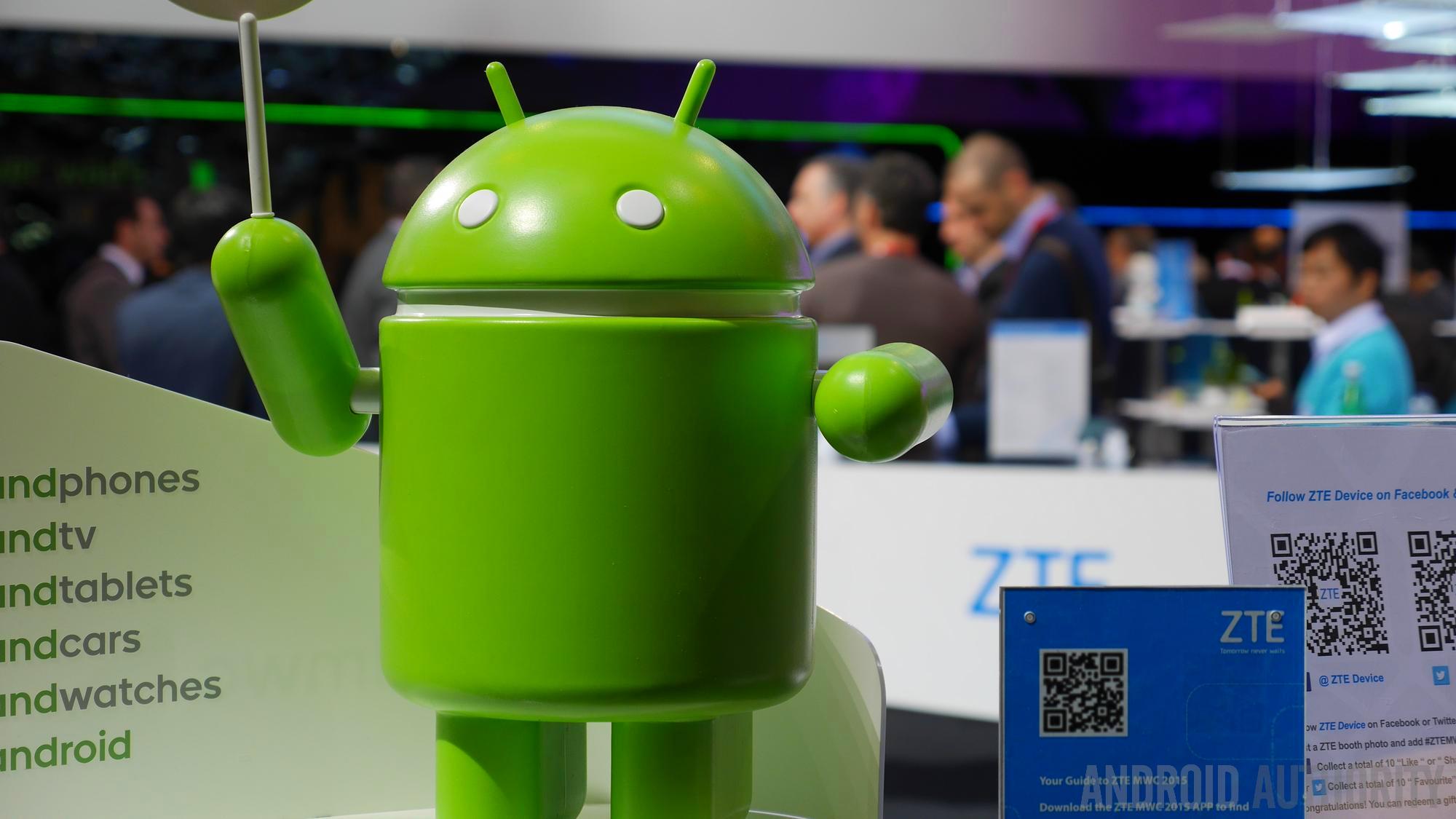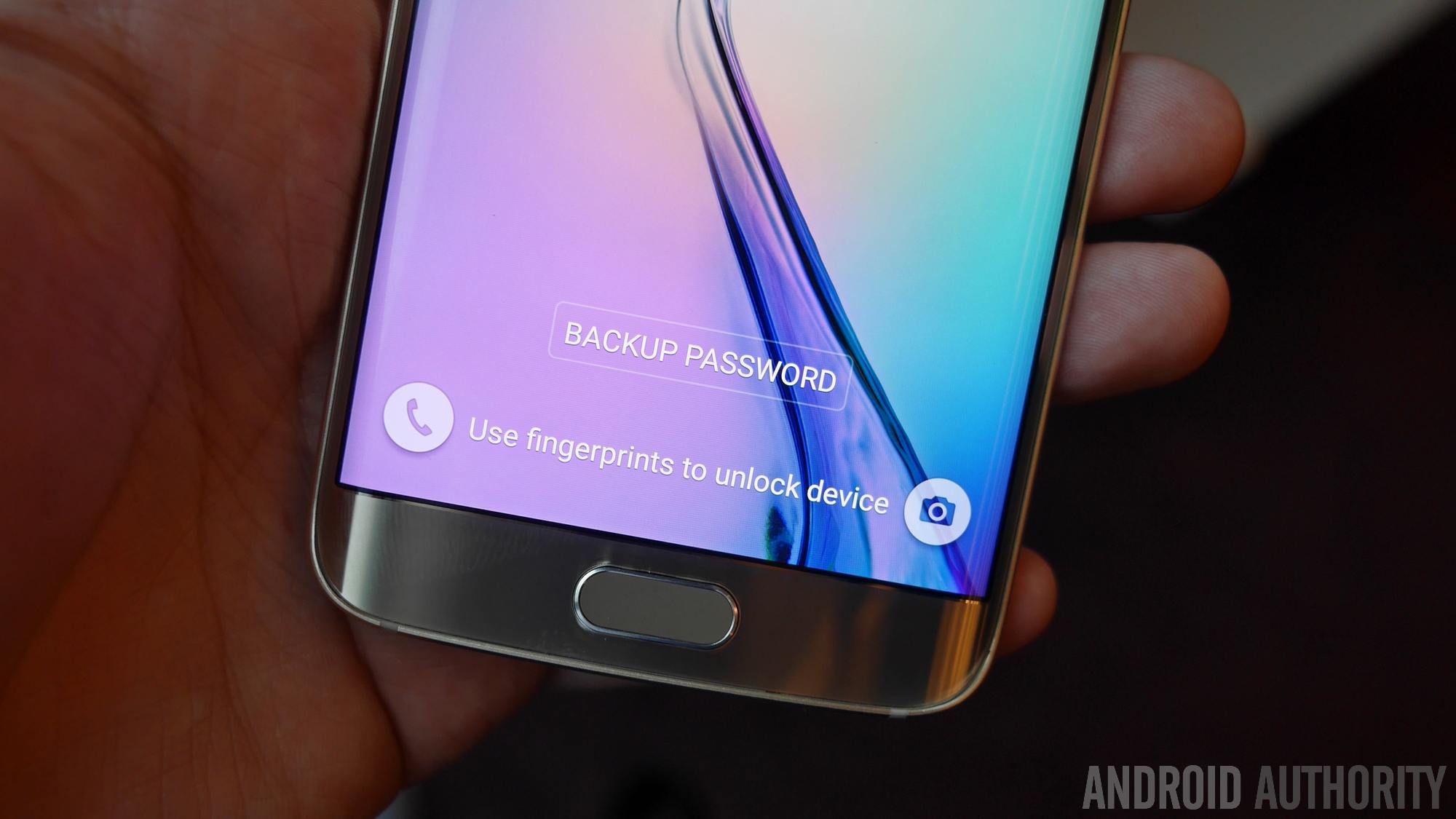Affiliate links on Android Authority may earn us a commission. Learn more.
Android M may feature native fingerprint authentication

We’ve been seeing more and more Android device manufacturers include fingerprint scanners in their smartphones as of late. Samsung’s most recent Galaxy S6 and S6 Edge have them, as well as a few lesser-known handsets like the HUAWEI Ascend Mate 7 or HTC’s One max. But since Google hasn’t introduced a standard for fingerprint recognition technology into Android quite yet, all of the current scanners found in Android devices today were built by OEMs. But according to a few reports around the web, Google may end up introducing native fingerprint authentication in its next version of Android.
Read more: What will Android M bring?
According to both Buzzfeed and Ars Technica, a standard for fingerprint recognition tech could be introduced in Android M, which will be announced at Google I/O 2015. In fact, we’d be very surprised if it wasn’t announced sometime soon, seeing as how hints of a fingerprint recognition API have been previously found in AOSP. Additionally, ex-CEO of Motorola Dennis Woodside admitted that the little dimple found on the back of the Nexus 6 was supposed to feature a fingerprint scanner, but Motorola ultimately decided to pass because Apple bought the good fingerprint scanning company.

When talking of all ecosystems, the fingerprint scanners found in the iPhone 5S, 6 and 6 Plus have been the ones to beat. Samsung has caught up with Apple’s efforts with this year’s Galaxy S6 and S6 Edge, but not many other manufacturers have been able to keep up in terms of reliability. So, if Google ends up announcing the new fingerprint authentication standard in Android M at Google I/O, not only will we start seeing these technologies come to Nexus devices, we’ll begin to see more OEMs adopt these security features as well.
[related_videos title=”Related Videos” align=”center” type=”custom” videos=”566728,595809,597711,563890″]
It’s unlikely that we’ll see any new hardware at the annual developer conference, so we’ll probably need to wait until the next Nexus announcement (or announcements!) to see the new standard in action. Remember, Google I/O takes place May 28th and 29th, so we don’t have too much longer to wait.